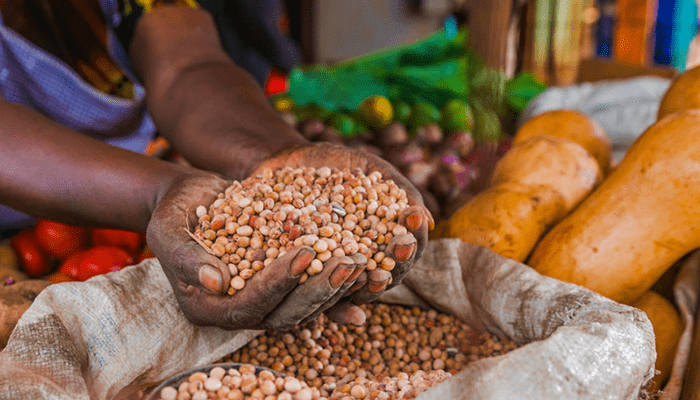The federal government and international partners has launched an appeal, seeking a $306 million to fast-track assistance to address the deteriorating food security and nutrition crisis in Borno, Adamawa and Yobe (BAY) states.
The fund aims to reach 2.8 million people with food assistance, nutrition supplies, clean water, healthcare, and protection support between May-September lean season where 4.8 million people, including the vulnerable are estimated to be facing severe food insecurity.
The plan also includes improving access to water, sanitation, and hygiene to combat infectious diseases, especially among the over 2 million internally displaced persons.
Approximately 700,000 children under five were projected to be acutely malnourished in the next six months, including 230,000 at risk of death without timely intervention in the region.
The appeal is also part of the broader 2024 UN-coordinated Humanitarian Response Plan for Nigeria, aiming to address the critical needs of those affected by the crisis.
At the plan’s launch, the National Emergency Management Agency’s director-general, Zubaida Umar, emphasised the importance of mobilising funds to prevent malnutrition-related deaths and health issues.
The UN resident and humanitarian coordinator, Mohamed Malick Fall, announced an $11 million contribution from the Nigeria Humanitarian Fund to initiate the emergency response.
UNICEF’s acting representative in Nigeria, Dr Rownak Khan, highlighted the race against time to deliver lifesaving nutrition to every child in need, with admissions for severe acute malnutrition already surpassing annual estimates.
The FAO’s interim representative in Nigeria, Dominique Koffy Kouacou, called for urgent interventions to support vulnerable populations’ immediate and long-term needs.
The World Food Programme’s country director, David Stevenson, stressed the need for peace and production to address the conflict in the northeast.
The stakeholders said efforts to protect lives must be coupled with strengthening resilience by supporting agricultural livelihoods, which sustain over 80 percent of the vulnerable population.
According to them, this is the fourth operational plan launched by the UN and partners for the BAY states, which underscored the need to tackle the root causes of hunger and malnutrition, including advancing peace-building efforts, enhancing healthcare, supporting food production, improving social services, and mitigating climate change effects.
We’ve got the edge. Get real-time reports, breaking scoops, and exclusive angles delivered straight to your phone. Don’t settle for stale news. Join LEADERSHIP NEWS on WhatsApp for 24/7 updates →
Join Our WhatsApp Channel










